GPS built specifically for RVs
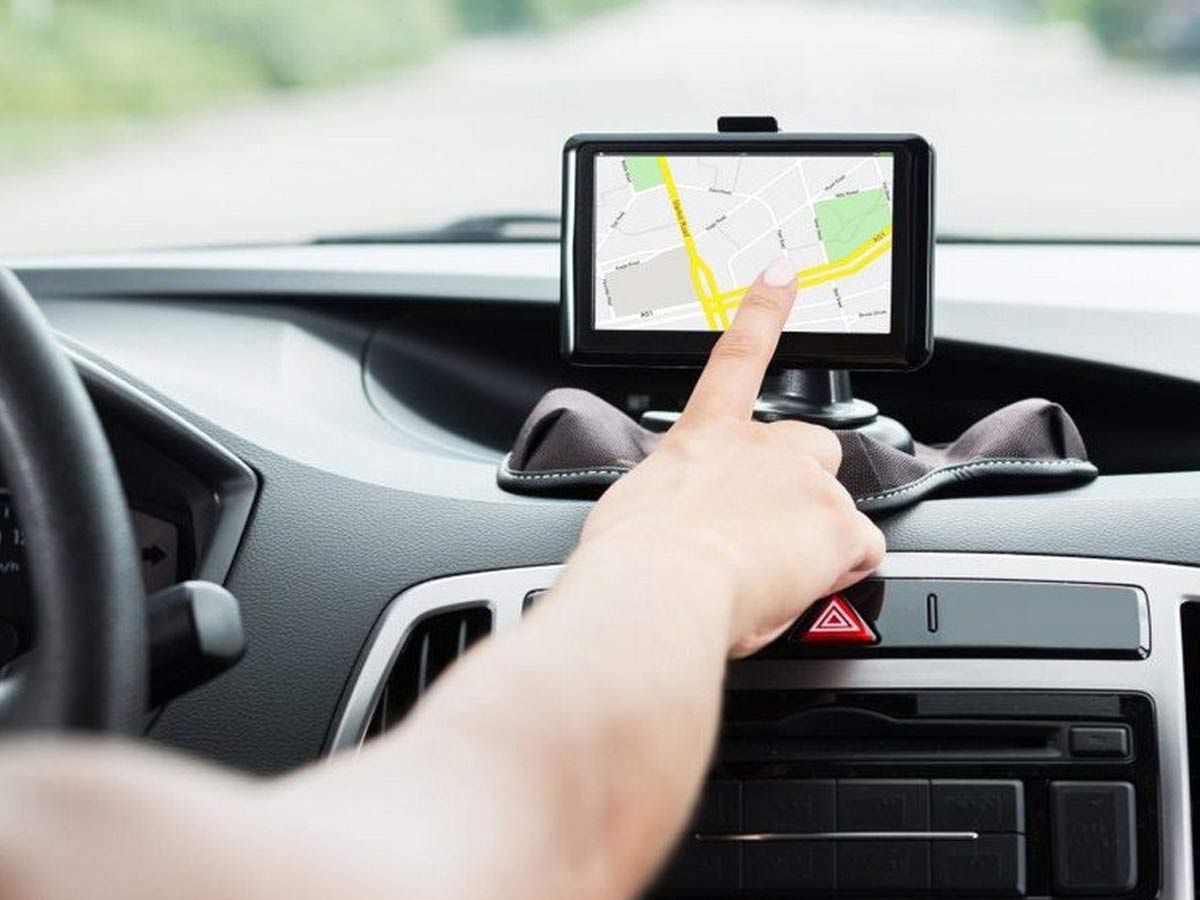
You’ll be much larger, longer, and broader than the average vehicle on the road, whether you’re in a motorhome or towing a trailer. This is where a GPS for RVs comes in handy. You can enter your RV’s precise dimensions, and the GPS can steer you away from any potentially dangerous paths.
There have been numerous reports of RVers being led on narrow, winding roads or under low bridges by Google Maps or other non-RV-specific apps. This is because most mapping software expects you’ll be driving a car or truck of a regular size.
Booster and Repeater for WiFi
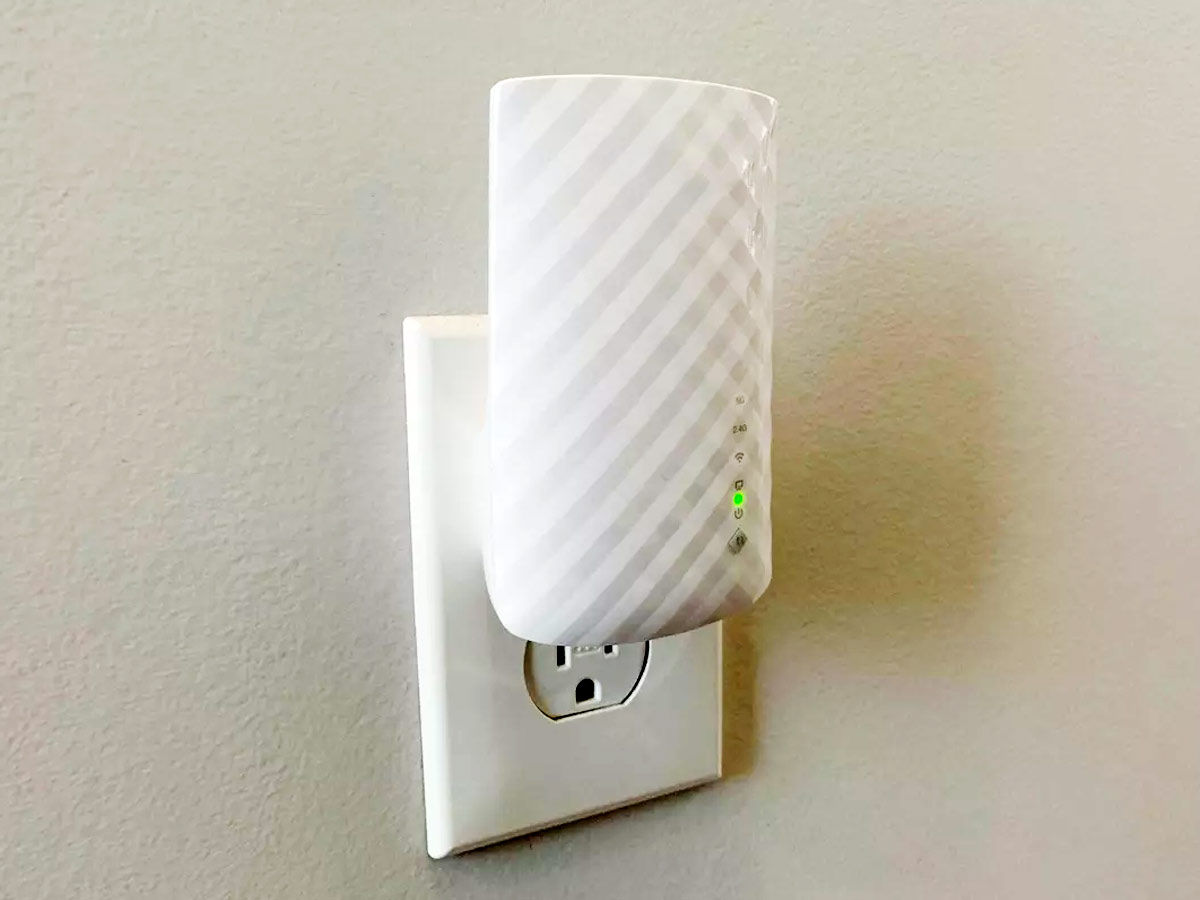
We can park far away from a WiFi tower and still get a signal thanks to this convenient combination of a WiFi booster (also known as an extender) and repeater. This is particularly useful at RV parks, where the best sites are often found on the park’s outskirts or at the back, far from the WiFi tower. It’s also useful to pass through town and want to do some work on the WiFi at a nearby cafe.
We still recommend buying something from these businesses if you use their WiFi. Still, it’s always more convenient (and quieter) to get your food and work inside your rig.
Signal Booster for Cell Phones
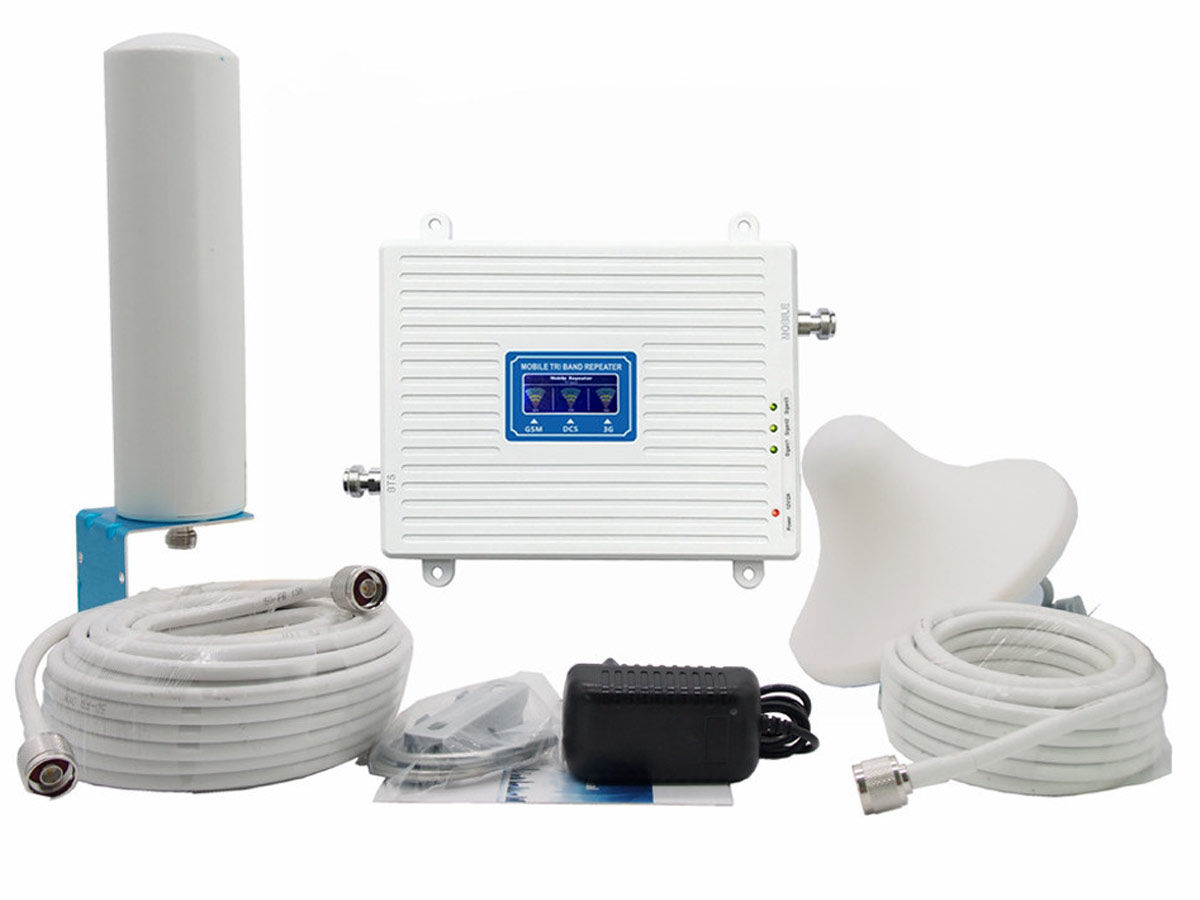
This one is not new to you. Like a WiFi booster, it “boosts” or amplifies a signal but that of a cell phone. This can mean the difference between running your online business while camping and or when the signal is too weak to use.
Electrical Control System (EMS)

An RV’s electrical system isn’t designed to survive power surges or drops. To protect your RV from harm, an electrical management system (or EMS) is a must-have. An EMS can cost more upfront than a surge protector, but they are well worth it. Your RV is a vital investment, and it’s more likely to be your primary residence. This is excellent protection against overloaded or improperly built electrical outlets at campgrounds.
Solar Panels on Wheels
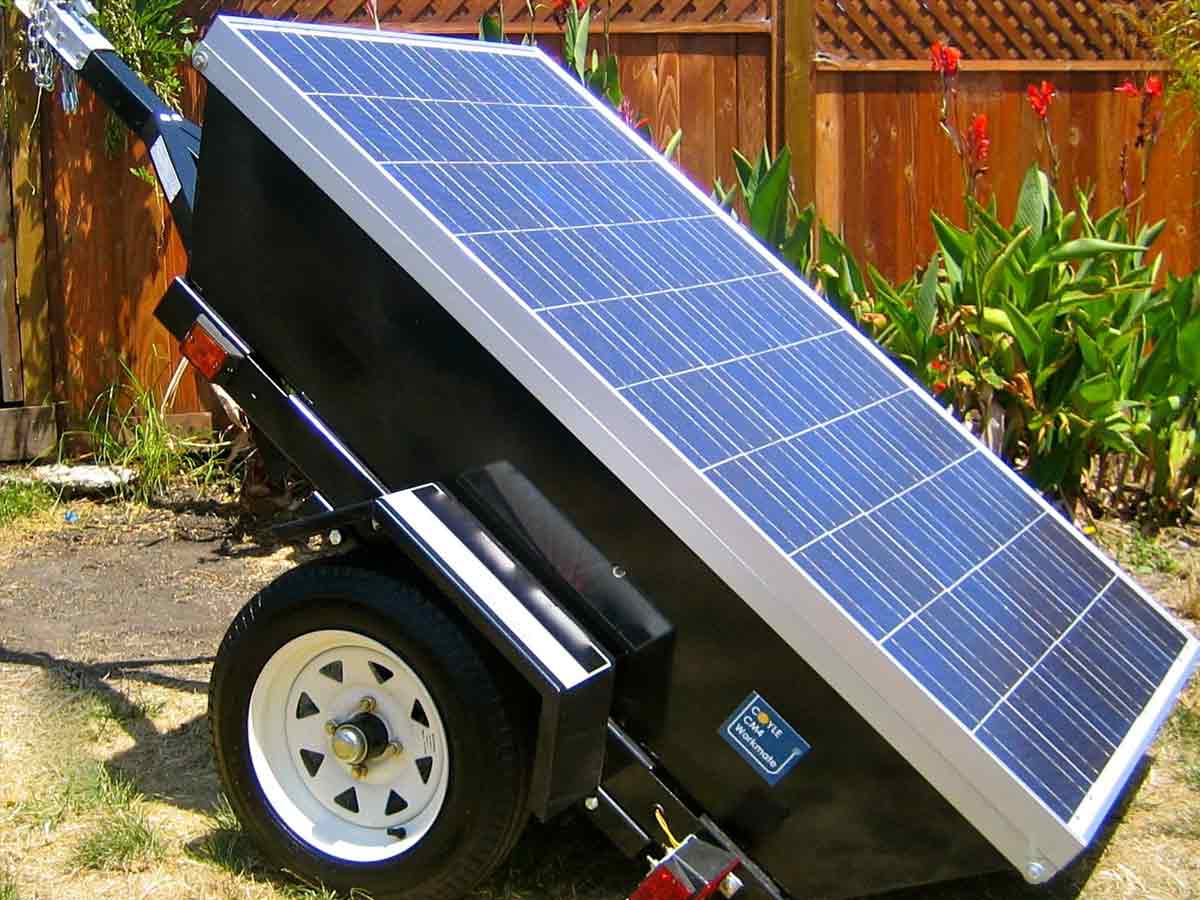
A portable solar panel can be handy if you are often boondocking. You can undoubtedly mount fixed solar panels on your rig’s roof, but portable panels have numerous advantages. If it’s hot outside and you want to park in the shade, portable panels let you put only your solar panels in direct sunlight while the shade keeps your RV cool.
You can quickly reposition them as the sun moves, ensuring that you get the best charge possible. Not to mention that when they’re on the field, they’re much easier to keep clean.
System to Track Tire Pressure (TPMS)
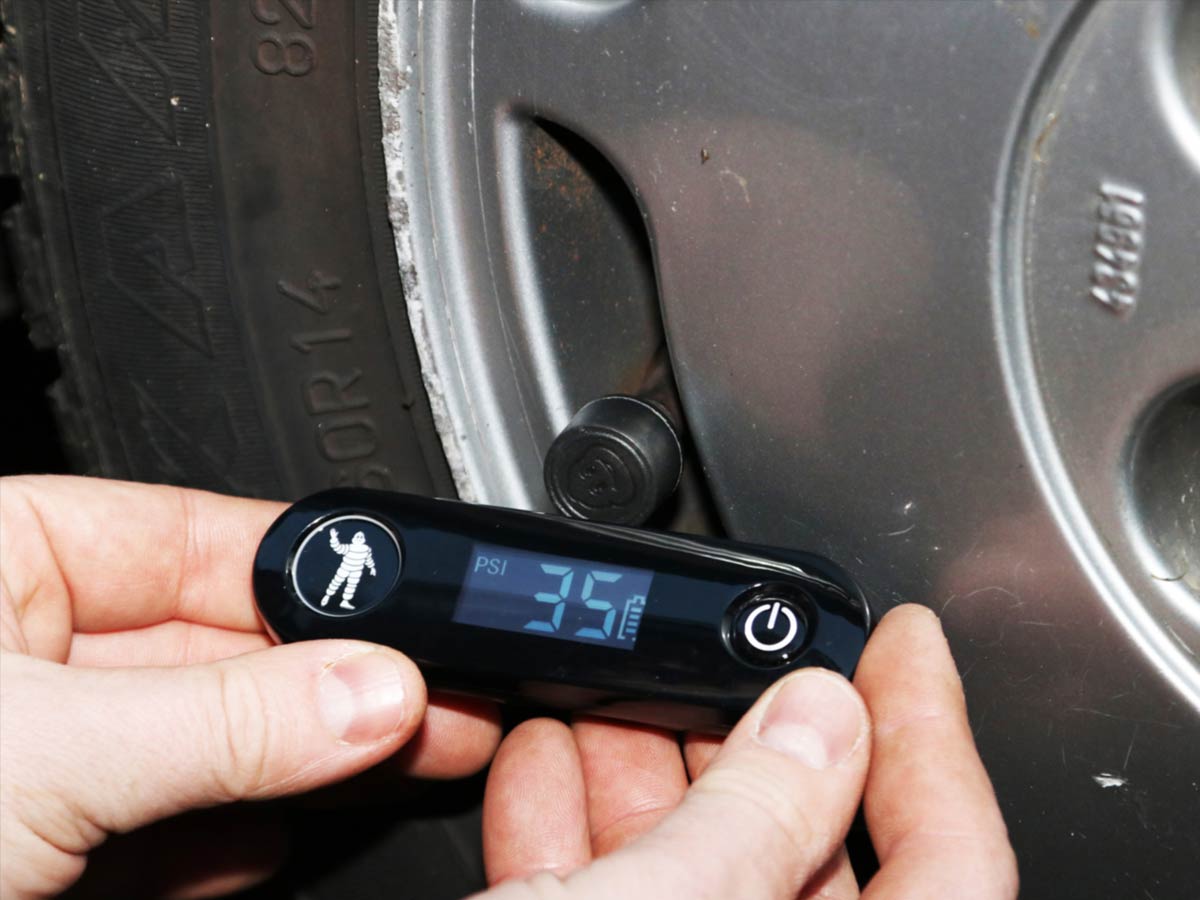
A tire pressure monitoring system (TPMS) can control your tires’ pressure and temperature and will beep if there is a sudden change. This is particularly important for anyone towing a vehicle. Still, it can be beneficial regardless of the type of RV you own. It may seem odd, but you may not realize you’ve blown a tire until it’s too late, so these units will save your rims and your RV from severe damage.
Apps for RV Travel
These apps are ideal for planning your RV journeys, no matter what kind of RV travel you do. When you’re on the road, you can plan your stay and find items like propane, dump stations, and freshwater.
Two-Way Radio
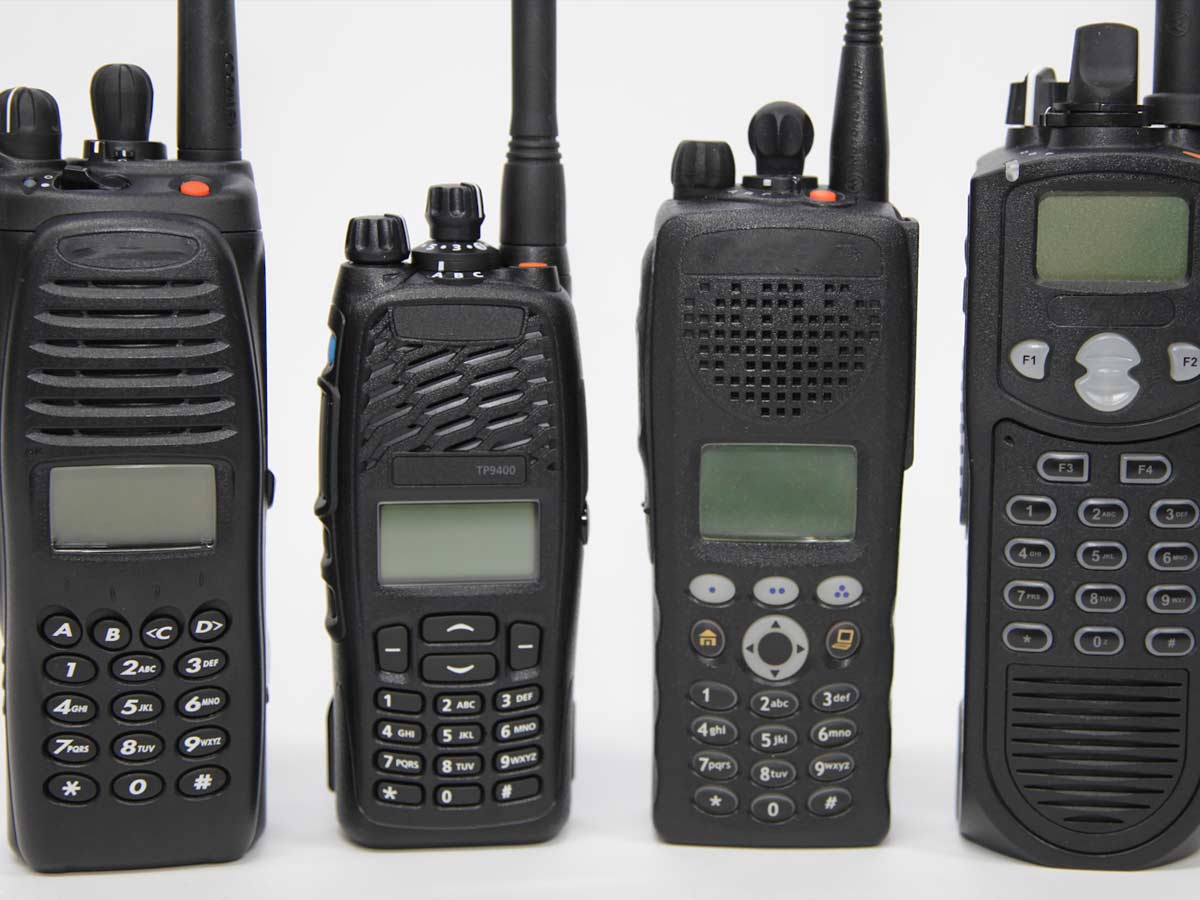
A collection of handheld radios is ideal for keeping you and your traveling companions in touch when backing up the RV or driving two different vehicles in an environment with spotty cell service.
Device for Satellite Communication
Cell coverage is unlikely to be accessible while backpacking in the backcountry or scattered camping in the national forest. Accidents do happen. Satellite Communicator with the annual leisure plan could be used because a satellite communication system can save your life.
Temperature Monitor for Pets
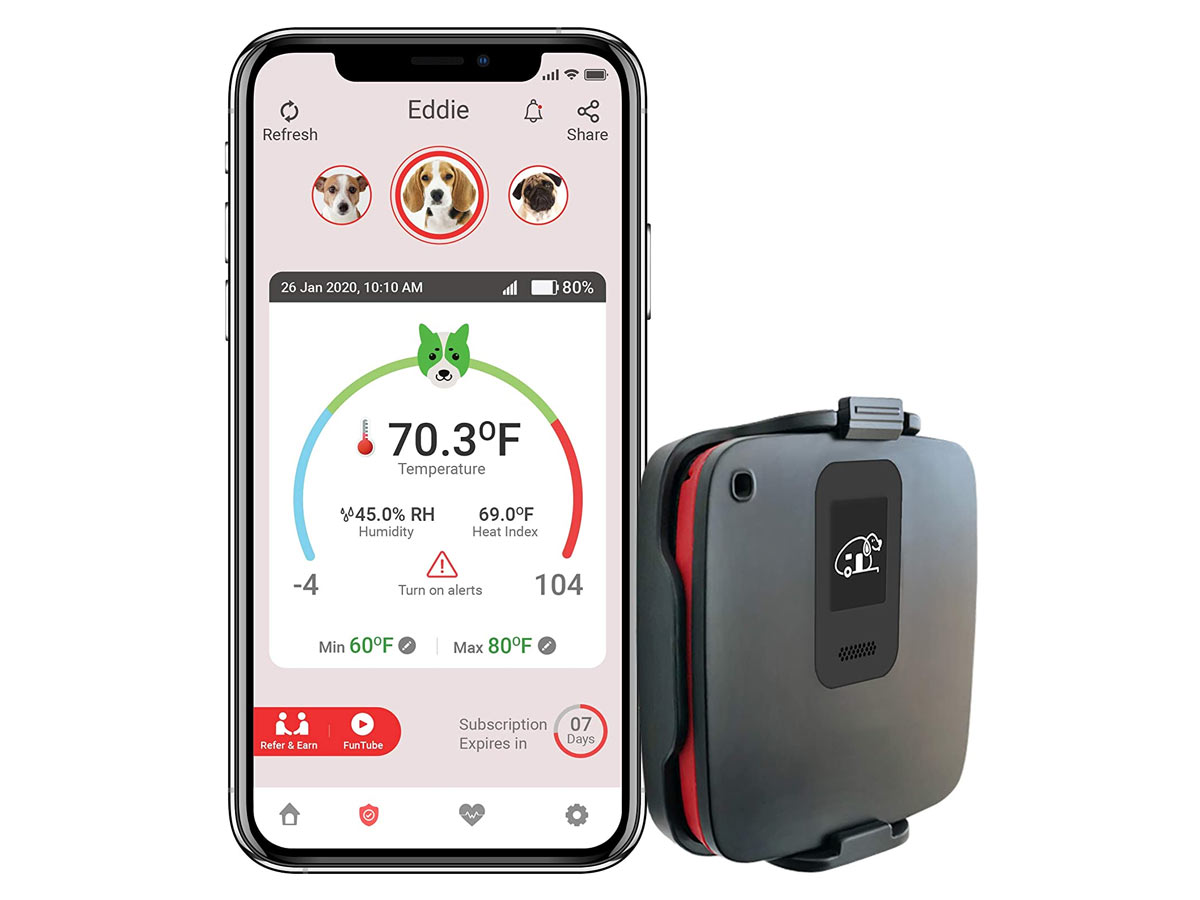
A temperature monitor is ideal for those of you traveling with pets and depending on your RV’s heating or cooling system to keep them safe when you’re out exploring. These temperature sensors use a cellular network to send warnings to your phone if the temperature rises or falls outside of your set limits.
























